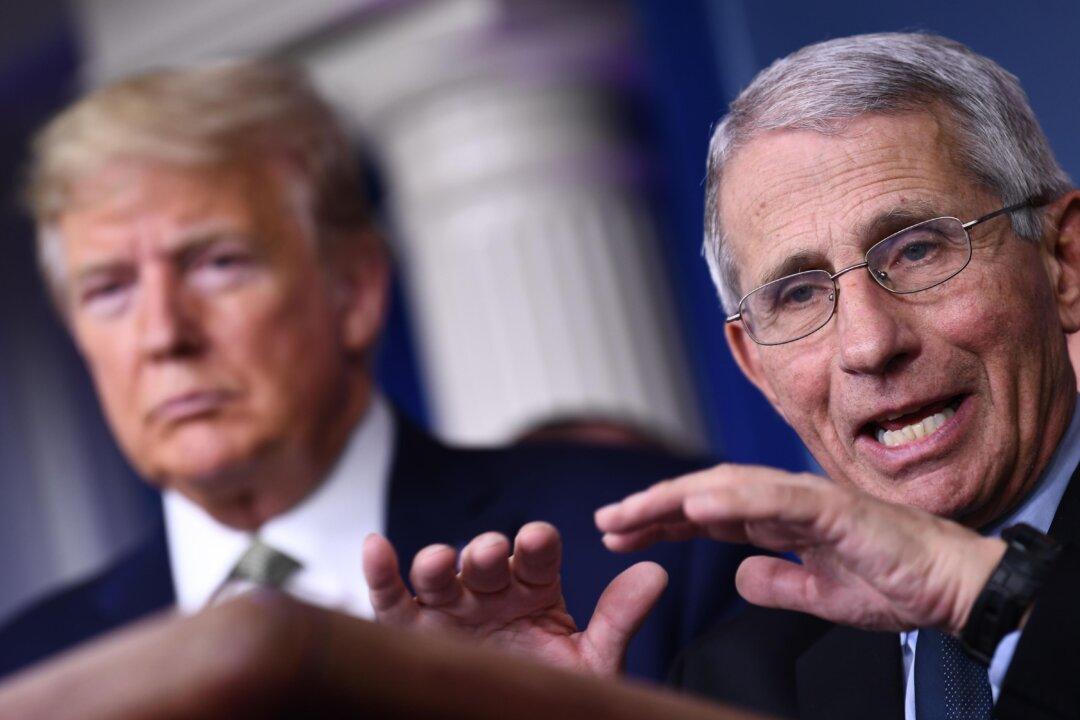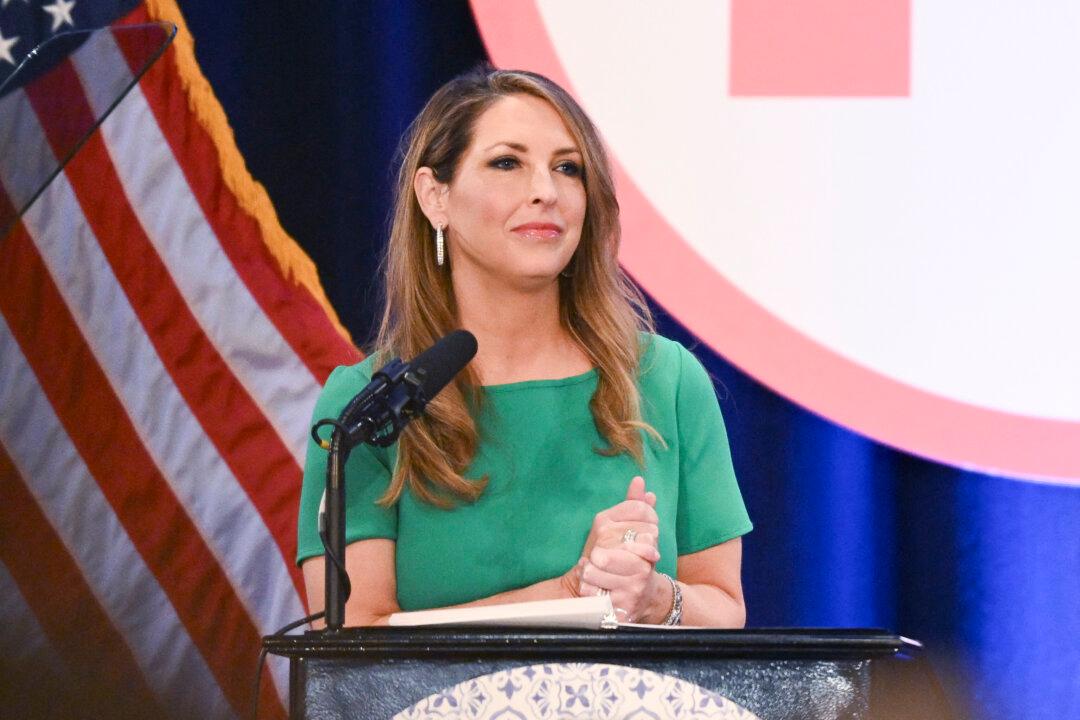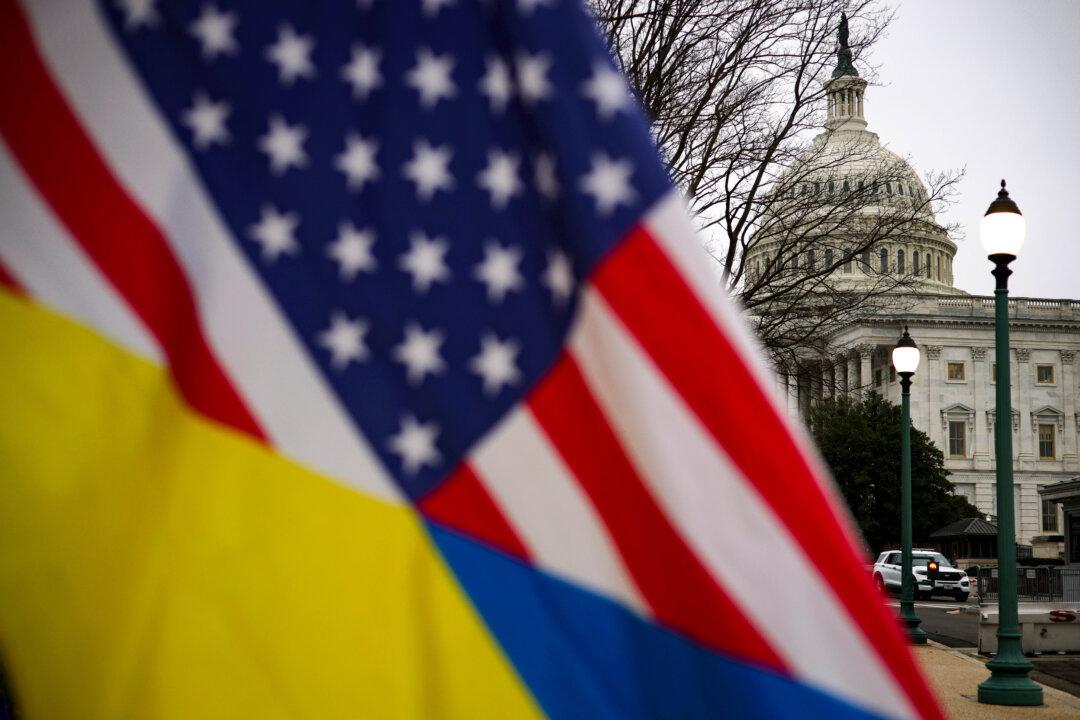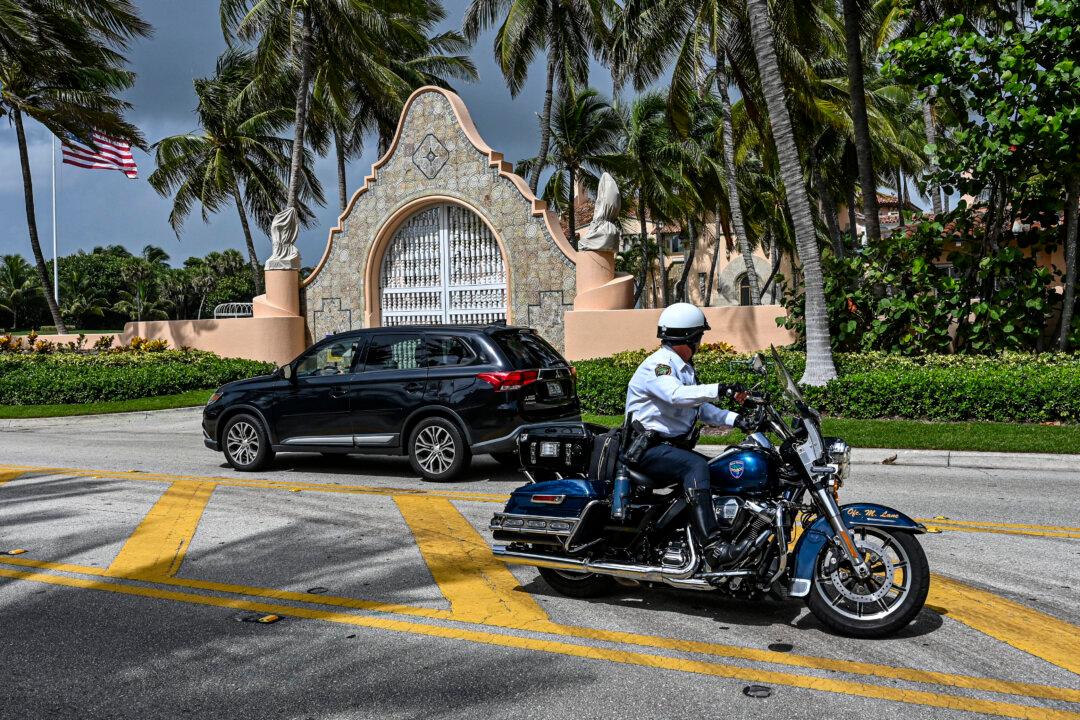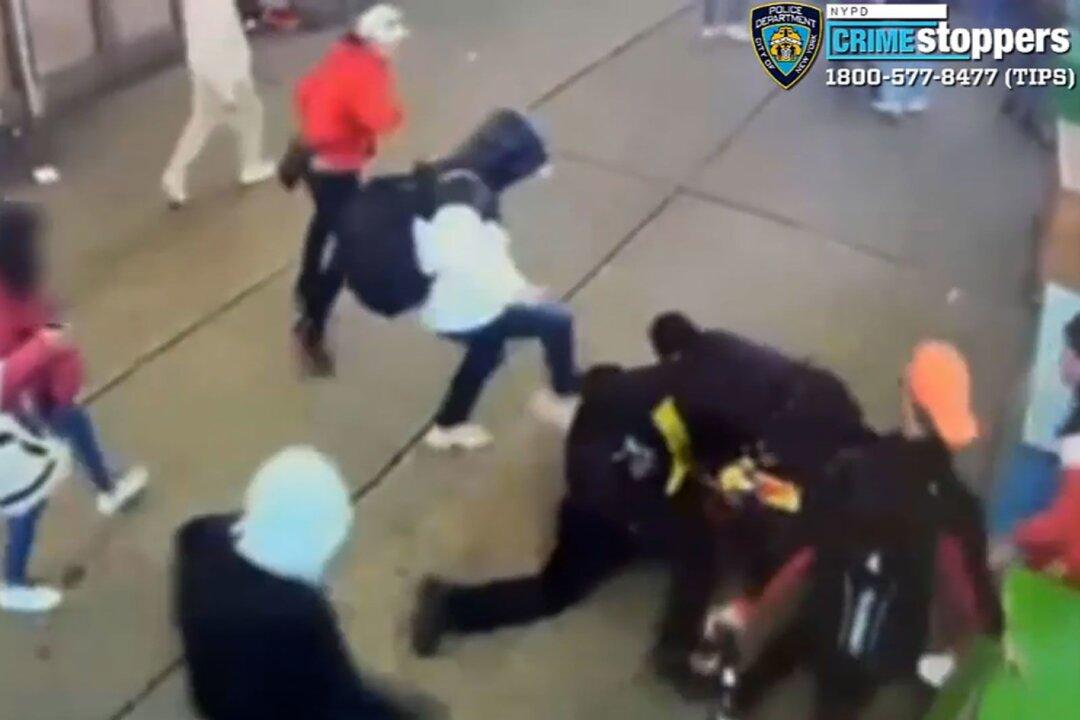Anthony Fauci, the director of the National Institute of Allergy and Infectious Diseases (NIAID), said on Friday that there’s no definitive proof that chloroquine, an anti-malaria drug, works against the CCP virus.
The top immunologist clarified that he didn’t dismiss the effectiveness of chloroquine and is open to testing as it’s been suggested anecdotally that it may be effective.
